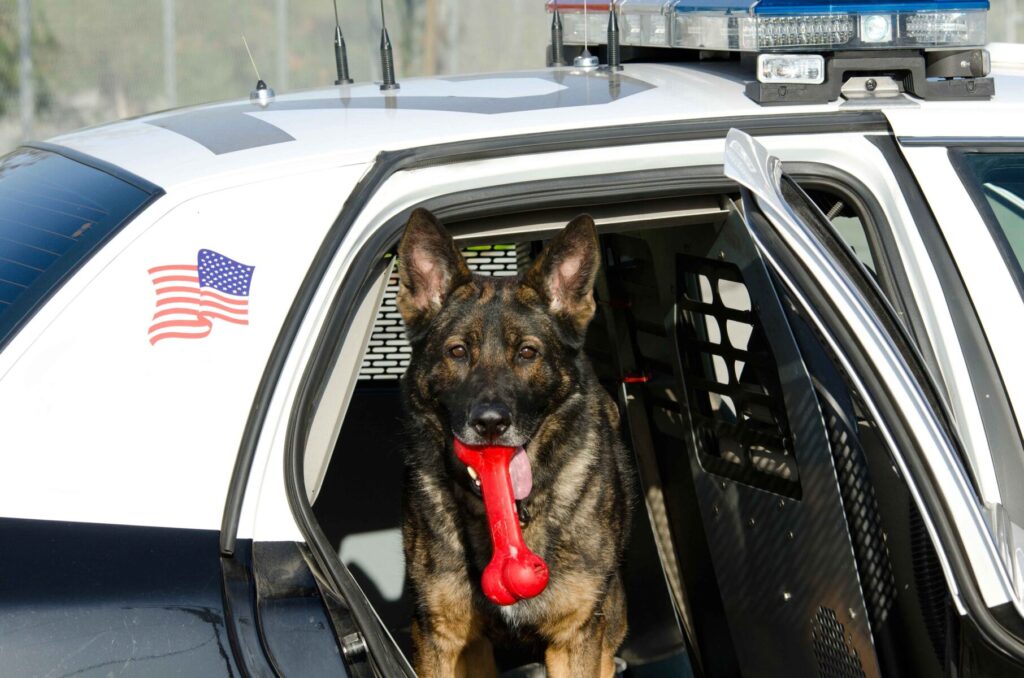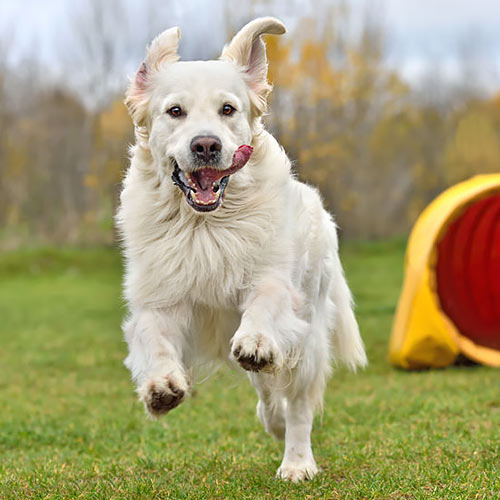
When you see a police dog in action, you will immediately take notice of their discipline, skills, and effectiveness. Although it may seem like it, these dogs are not just born ready to take on the job. They undergo rigorous training with professionals who prepare them for the challenges of law enforcement work. Police dog training is a specialized field that equips these canines to perform their duties with precision and safety. Let’s take a closer look at what goes into training police dogs and what they learn from their trainers.
Obedience and Control
The foundation of any police dog’s training is advanced obedience. Dogs must learn to respond to both verbal commands and hand signals with immediate compliance. This level of control is crucial, especially in high-pressure or dangerous situations where the handler’s safety and the safety of others may depend on the dog’s ability to follow commands precisely. This training includes teaching the dog to stay, recall, heel, and perform other tasks reliably under any realistic circumstances.
Specialized Skills for Law Enforcement
Beyond just basic obedience, police dogs receive specialized training tailored to their roles within the police force. For instance, dogs can be trained in scent detection, learning to sniff out drugs, explosives, or even track individuals through diverse environments. Other dogs might learn skills for apprehension, learning how to detain suspects safely and effectively without causing unnecessary harm, a crucial skill for maintaining public safety and adhering to legal standards.
Search and Rescue Operations
Some police dogs are trained for search and rescue operations. They learn to navigate challenging terrains and environments to find missing people or victims of natural disasters. This training emphasizes endurance, agility, and the ability to follow scent trails over long distances and through potentially hazardous conditions.
Socialization and Environmental Conditioning
To ensure they can perform in a variety of settings, police dogs undergo extensive socialization and environmental conditioning. They’re exposed to noisy, crowded, and unpredictable environments to ensure they remain focused and unphased regardless of external distractions. This part of training ensures that a police dog can operate in urban settings, crowded events, and other high-stress public scenarios without becoming overstimulated or losing focus.
Training a police dog is a complex, detailed process that requires a deep understanding of canine behavior and training techniques. If you’re interested in this line of work and want to develop the skills necessary to train dogs for law enforcement, Dog Trainer College offers comprehensive courses designed for aspiring trainers. Our certification classes cover everything from scent detection to master dog training, preparing you for a rewarding career in training elite police dogs. Give us a call at 800-795-4201 to learn more about our services.

